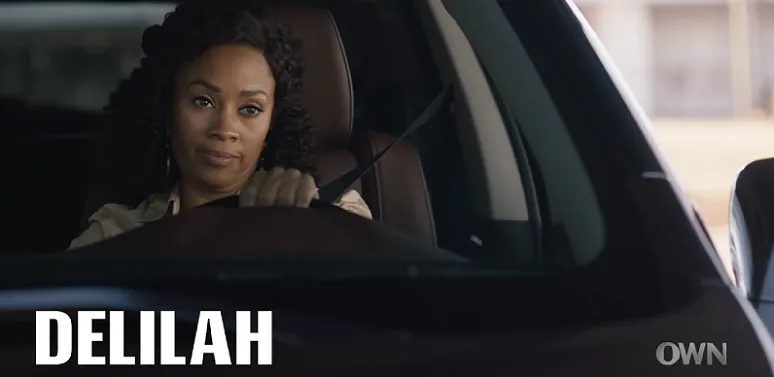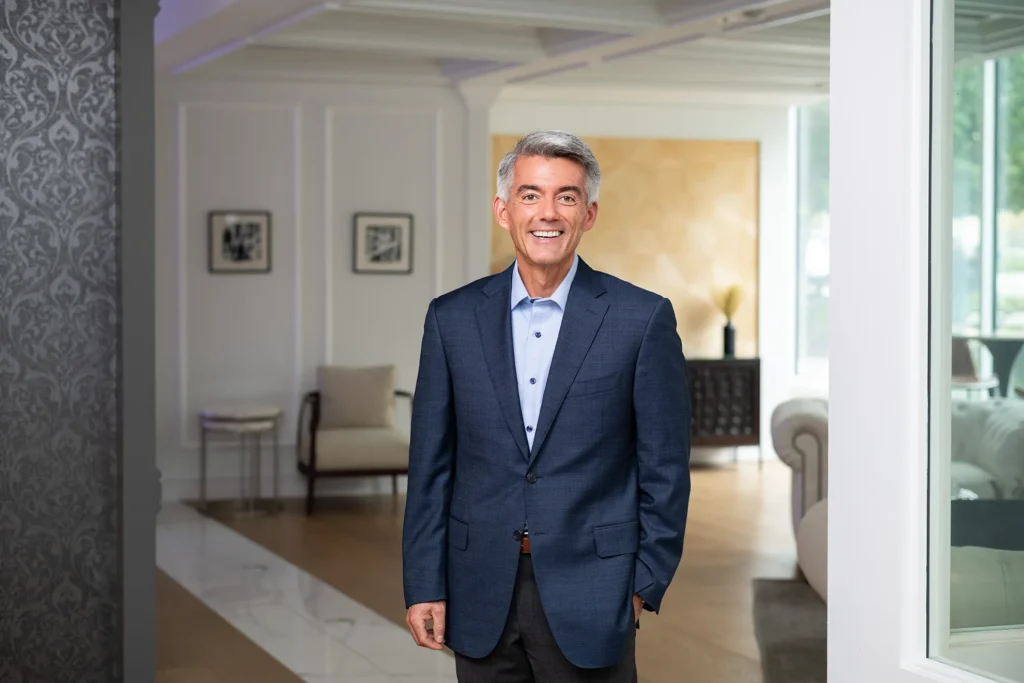The premiere of the Oprah Winfrey Network’s (OWN) show, “Delilah,” could not have come at a better time as Americans celebrate Women’s History Month and as the country continues to go through a reckoning over racial and social injustice. The first episode of the legal drama aired earlier this week and spotlights a Black female lawyer, Delilah, who seeks justice at every turn while simultaneously juggling family and personal responsibilities. A focus on strong Black female characters has always been a priority for Oprah Winfrey and her network, as Creator & Executive Producer Craig Wright explained at the Television Critics Association (TCA) press tour last month. “Delilah” brings that focus back and aims to connect viewers to the broader issues that Black women and the Black community are facing.
Wright elaborated during the TCA panel that “Delilah” was conceived after the conclusion of another successful OWN series, “Greenleaf.” While “Greenleaf” was based on a Black family in a church community, OWN wanted to create a secular show that even more Americans could relate to or learn from. “We just wanted to make something bigger and broader so we could ask even more questions about where society is headed and how Black women and Black Americans are going to continue to be a major part of the unfolding of American history and world history,” said Wright.
“Delilah” is essentially the result of OWN’s efforts to create a show that the network’s audience told them they want to see. Through engagement with viewers on the network’s social media channels, OWN producers took feedback, both positive and negative, and set out to tell the story of the OWN viewer. Wright remarked, “‘Delilah’ even more than ‘Greenleaf’ is an attempt on the part of me, this team, and the network to tell the story of the people who are watching the show so that they can see themselves and their concerns reflected in an aspirational way every week when they tune in.”
Cast members also discussed the need for a show like “Delilah” to portray a character who is passionate about addressing injustice in America. “I do think that there is probably a little bit more to be said for being Black and a woman and the things that you have to do,” said Maahra Hill, who plays Delilah. “The fight is a little bit harder. I think the drive has to be a little bit harder. You have to push a little bit harder in ways that I think you just kind of grow up doing.”
Hill shared that in her preparation for the role, she spoke with Black female lawyers in the Charlotte, N.C., area, where the show’s location is based. But discrimination didn’t necessarily take center stage in the conversations and stories they shared, she explained: “It was just [for them] more about feeling empowered and strong and able to compete in their field.”
Moreover, the show’s directors made conscious efforts to weave in different facets of the leading characters’ lives to capture the idea that “Black women like Delilah and Tamara [another leading character] do not exist in a vacuum. They are part of communities. They are part of neighborhoods. They are part of larger extended families.” Wright elaborated that one of the challenges about TV is there is only so much time and room in each episode to tell a story, but conveying the larger connections and networks these women belong to was always a priority for OWN.
Hill also reflected on what it meant for her, as a Black actress, to play a leading role in a drama series on a network that caters to Black women. “It means everything to me to be able to represent someone who is empowered and strong-minded and has such a strong moral compass. I think she reflects Black women and Black America in ways that we haven’t seen on a consistent basis,” said Hill. “I can only hope that [Delilah will] be well-received, but I do think that she is an accurate reflection of women who are trying to balance their lives, as well as fight for things that are meaningful to them in their life.”









